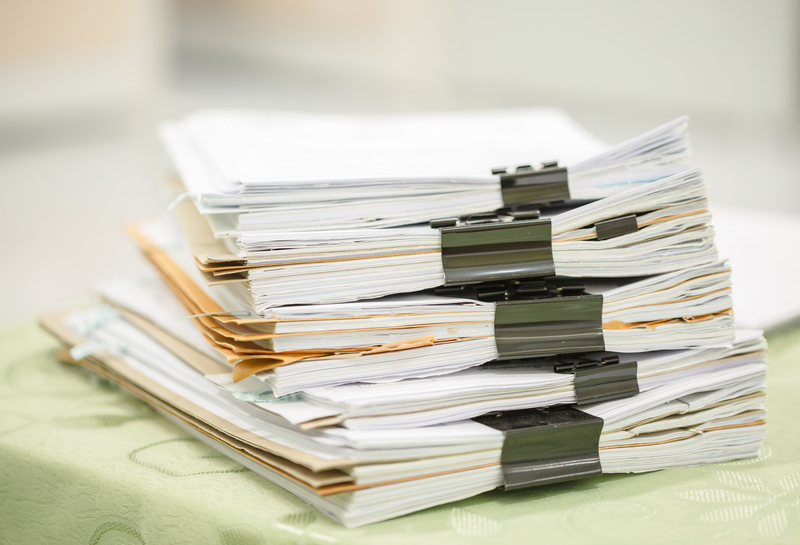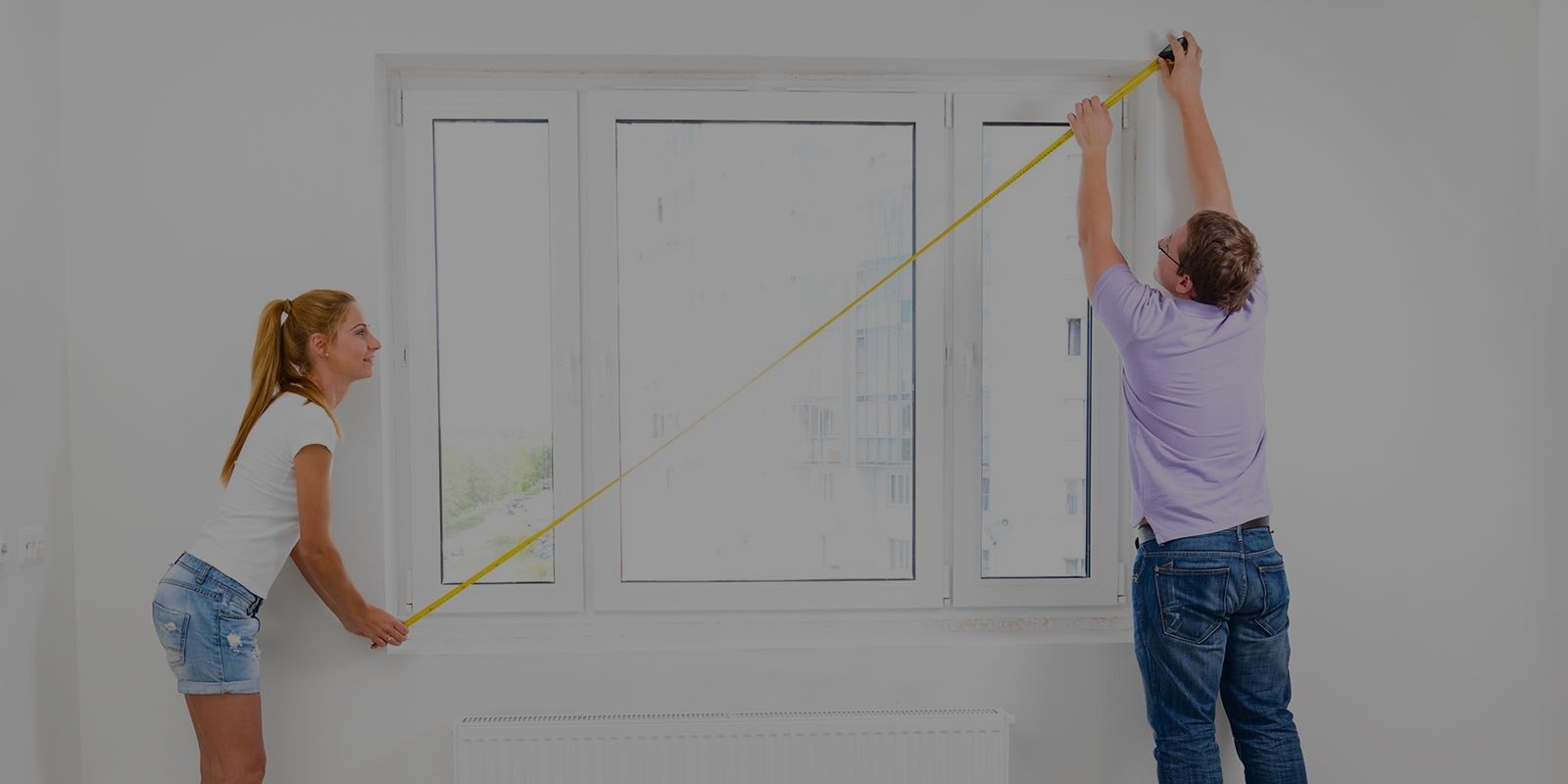The Ultimate Guide to Stress-Free Packing for Your Move
Posted on 19/05/2025
The Ultimate Guide to Stress-Free Packing for Your Move
Moving to a new home presents many exciting opportunities, but the process of packing for your move can often feel daunting and overwhelming. With strategic planning and practical tips, however, packing can be transformed from a stressful ordeal to a smooth, organized journey. Welcome to your ultimate guide to stress-free packing for your move. Here, you'll discover actionable advice, expert tricks, and key steps to streamline your relocation while keeping calm and in control.
Why Stress-Free Packing Matters
Packing is more than just stuffing your belongings into boxes. Done poorly, it can lead to misplaced items, damages, elevated moving costs, and frayed nerves. Stress-free packing ensures your items reach their destination safely and unpacking is equally seamless. A methodical approach minimizes anxiety and maximizes efficiency, making your moving experience a positive transition to a new chapter.

Planning Ahead: The Foundation of Effortless Packing
Start Early
The golden rule of a stress-free packing process is to give yourself ample time. Rushing at the last minute breeds chaos and forgotten items. Ideally, start organizing and packing at least six weeks before your move date.
Create a Room-by-Room Packing Checklist
Break down your home into zones or rooms and list items for each. This visual roadmap keeps you on track and ensures nothing is left behind. Download an editable checklist, or create your own using spreadsheet software.
Gather Packing Supplies
- Sturdy moving boxes in various sizes
- Bubble wrap and packing paper for fragile items
- Packing tape and dispensers
- Permanent markers for labeling
- Garbage bags and zip-top bags
- Specialty boxes for electronics and wardrobe items
Befriend your local grocery or hardware store for free or discounted boxes or invest in high-quality moving kits from reputable suppliers.
Declutter: Simplify Before You Pack
The Art of Letting Go
Purging unused or unwanted items not only saves packing time but also reduces moving costs. Stress-free relocations usually involve a thorough decluttering session. Tackle one area at a time and ask yourself: "Have I used this in the past year?" If not, it may be time to let go.
Sort and Donate or Sell
- Donate gently-used clothing, furniture, and household items to charities
- Sell valuable objects online for extra cash
- Recycle or responsibly dispose of items that can't be reused
This streamlines your packing for the move by ensuring you only take what you truly need to your new home.
Strategic Packing Tips for a Stress-Free Move
Pack by Category and Function
Start with non-essentials like seasonal decor, books, and out-of-season clothing. As moving day approaches, pack daily-use items last. Consider grouping items by use or room to make unpacking straightforward.
Label Everything Clearly
- Use permanent markers to write the room and general contents on each box
- Color-code boxes with tape or labels for quick identification
- Mark fragile boxes boldly for careful handling
A detailed labeling system is your best ally for a smooth, stress-free moving day.
Protect Fragile and Valuable Items
Wrap dishes, glassware, and breakables individually. Use bubble wrap, towels, or even clothing for extra cushioning. Electronics should be packed in original boxes if possible, with cords bundled and labeled for easy setup.
Maximize Space and Weight Distribution
- Place heavier items at the bottom of boxes and lighter items on top
- Fill empty gaps with towels or packing paper to prevent shifting
- Avoid overpacking to ensure boxes are easy to lift and carry
Create an Essentials Box
Packing for a stress-free move includes preparing a "First Night" or essentials box. This box should contain:
- Basic toiletries
- Change of clothes
- Medications and prescriptions
- Important documents
- Chargers, snacks, and bottled water
Keep this box with you so you have access to all necessities during your first hours or night in your new home.
Room-by-Room Packing Strategies
Kitchen
- Pack non-essentials first (extra gadgets, rarely-used appliances)
- Place loose utensils and gadgets in zip-top bags
- Stack pots, pans, and lids efficiently to save space
- Use original boxes for appliances, if available
Bedroom
- Use wardrobe boxes for hanging clothes to avoid wrinkles
- Pack off-season clothing early
- Cushion jewelry and accessories with soft tissues or clothing
Living Room
- Wrap electronics with anti-static bubble wrap
- Keep remotes, cables, and small parts in labeled bags
- Disassemble large furniture and keep screws together in marked bags
Bathroom
- Seal all liquids in plastic bags to prevent leaks
- Only pack unopened products if possible
- Keep essentials accessible for the last days and first night
Managing Moving Day: Staying Calm and Organized
Prepare for Professional Movers or DIY Help
Share your labeling system and special instructions with movers. If friends or family are helping, assign specific roles for loading, heavy lifting, and labeling. This cooperation ensures a trouble-free move and quicker unloading at your destination.
Keep Vital Items on Hand
Carry valuables, important documents, and sentimental items with you, rather than loading them onto the moving truck. This adds an extra layer of security and peace of mind during your relocation journey.
Have a Moving Day Survival Kit
- Water and snacks
- Paper towels and cleaning supplies
- Scissors, tape, markers
- Phone charger and emergency contacts
Your survival kit ensures minor setbacks don't turn into major stressors.
Packing Tips for Special Items
Artwork and Antiques
Use specialty mirror boxes or custom crates, and wrap each piece in acid-free tissue and bubble wrap. Mark boxes "FRAGILE: ARTWORK" and avoid stacking.
Plants and Pets
Move plants in temperature-controlled environments and avoid placing them in moving trucks for extended periods. If relocating with pets, pack pet-specific items separately and keep routines as normal as possible.
Important Documents and Jewelry
Place documents like passports, medical records, and legal papers in watertight, clearly-labeled folders. Keep jewelry in a secure, padded pouch carried with you.
Stress-Reducing Packing Hacks for Moving
- Use Suitcases and Drawers: Save box space by filling suitcases with clothes or linens. Consider moving small dresser drawers with their contents intact (if manageable and secure).
- Photograph Electronics: Before unplugging electronics, snap photos of cord setups for quick reassembly.
- Use Socks and Linens as Padding: Wrap glassware and fragile items with soft household items to cut down on packing material costs.
- Roll Clothes Instead of Folding: This saves space and reduces wrinkles.
- Schedule Utility Transfers Early: Arrange for forward mail and switch utilities to your new address well in advance.
Common Packing Mistakes to Avoid
- Procrastinating until the last minute leads to chaos. Start early and stick to a schedule.
- Overfilling boxes creates risk of injury and damaged items.
- Neglecting labels slows down both the move and unpacking process.
- Forgetting an essentials box can lead to unnecessary stress on arrival.
- Ignoring insurance - protect your valuables with moving insurance just in case.
Unpacking with Ease: Settling into Your New Home
When you arrive, focus on setting up your bedroom, bathroom, and kitchen first. This creates comfortable living quarters as you finish unpacking the rest of your home over the next few days. Refer to your checklist, and check off items as you complete each room. Celebrate small victories and take breaks to avoid burnout.

Final Thoughts: Your Move, Simplified
Moving doesn't need to be stressful. By following this stress-free packing guide for moving, you're equipping yourself with proven tips and expert hacks to keep organized, manage time efficiently, and protect your precious belongings. Remember to start early, declutter ruthlessly, pack strategically, and label clearly for a seamless transition. Keep your essentials handy and approach moving day with a calm, flexible attitude. Your new adventure awaits--make it a memorable and tranquil experience from beginning to end!
Frequently Asked Questions About Packing for a Move
How early should I start packing before my moving date?
Begin packing 4-6 weeks ahead of your planned move. Start with infrequently used items and work towards daily essentials as your moving day approaches.
What's the best way to label moving boxes?
Clearly mark each box with the room name and a brief list of contents. Use colored tape or stickers to help both you and your movers instantly identify where each box belongs.
How can I reduce packing-related stress?
Organize your packing process, set a realistic schedule, and minimize clutter by getting rid of items you no longer need. Enlist help from friends, family, or professional movers if possible.
Are there items I should not pack in the moving truck?
Yes, personal documents, jewelry, high-value items, perishable foods, hazardous materials, and important medications should be transported with you, not in the moving truck.
For more expert tips and resources on making your move stress-free, bookmark this guide and share it with friends or family who might be planning a move soon. Here's to a relaxed, organized, and successful new beginning!
Latest Posts
Declutter Essentials for a Smooth Moving Experience
Move Out Worry-Free: Essential Cleaning Tips Before Leaving
Solo Heavy Lifting: A Guide to Doing It Right







